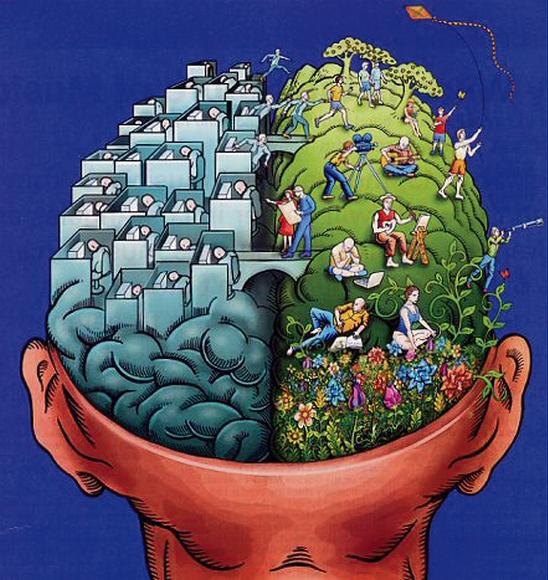Differences between East-West human rights
September 10, 1997
During Mr. Hurry Wu’s speech a lady raised a question about why it seems that Easterners value human life less than Westerners.
I would like to propose my answer here.
The first reason that comes to me is religious.
Western religion believes that human life is given by the God, and no worldly power is supposed to deprive it.
On the other hand, in many Oriental countries, people owe their life to their ruler.
In ancient China, the emperor is the God coming from the heaven to rule the world. Everything is owned by the emperor; the people’s lives are no exception.
After communists took power in China, little has changed. Instead of giving their lives to the emperor, people are asked to devote themselves to the state and the communist party.
If a person dares to do anything against the authority, the communist party or the mainstream society, he has no such thing as “human rights,” since even his life is at the mercy of the authority.
The second reason, probably more profound, is lack of modern civilization. The Renaissance planted the seed of human rights in Western countries.
The achievements of the Industrial Revolution make it possible for the Western society to fully embrace the modern idea of human rights and practice it.
In China, most of the population still lives in poverty.
While people are still fighting for their next meal, they care less about others’ suffering. Once their rice bowl is full, they ask nothing other than trying to keep it.
On the other hand, the communist’s oppression of political dissidents through numerous political campaigns is so successful that virtually nobody dares to speak up against it.
The typical responses to the June 4 Prodemocracy Movement from our parents and grandparents, who survived “3-Year-Famine” and countless political eliminations, are “Isn’t a biteful of rice enough?” “What more do you ask for?” and “Who can challenge CCP?”
I believe that this is still in the minds of most Chinese people.
I hope my explanation will partly answer the question to that lady.
Xue, Zhi-Yang
Graduate Student
Chemical Engineering






